A Conversation with Bruce Duffie
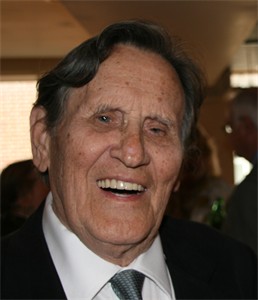

| Paul Fetler, born February 17, 1920
in Philadelphia, professor emeritus of music theory and composition at the
University of Minnesota, received his early musical training in Latvia, the
Netherlands, Sweden and Switzerland. He earned his Bachelor of Music from
Northwestern University, his Masters of Music from Yale and his PhD from
the University of Minnesota, as well as studying at the Berlin Academy of
Music in Germany. Mr. Fetler’s teachers were David Van Vactor, Quincy
Porter, Paul Hindemith, Sergiu Celibidache and Boris Blacher. Having composed
over 150 works in various media his music has been performed by leading orchestras,
soloists, choral and chamber groups in many parts of the US and Europe. He
has received many awards, including one from the Society for the Publication
of American Music (1953), two Guggenheims (1953, 1960), and two from the
National Endowment for the Arts (1975, 1977). Mr. Fetler now resides at Golden
Gate Point in Sarasota, Florida. |
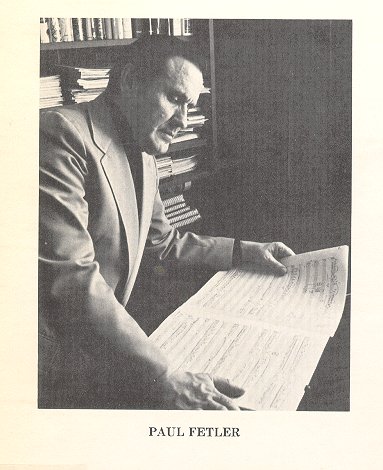 PF: They were just different, although Hindemith
was very strongly opposed to serial writing. He disliked it very much.
As a matter of fact, in his class in musical composition he goes to some
great lengths to show how bad the music is in twelve-tone. But I happened
to go there because I thought I could learn something from those people at
Yale, and I enjoyed my studies very much. Since then — I
would say at least the last ten to fifteen years — music
has broken down barriers, and we also learned a lot from certain popular
trends. The overall trend is to get closer to people in our music today.
We have some extreme cases, such as minimalism, which is a very, very strong
reaction to serial music — down to very basic, almost
primitive sounds, which I suppose they borrowed from popular music.
Rock music drives it endlessly, so to speak. I look at it, though,
as a very healthy type of thing. Music, to me, got overdeveloped, and
now as I see it, serious composers painted themselves into a corner and lost
contact with people, more or less.
PF: They were just different, although Hindemith
was very strongly opposed to serial writing. He disliked it very much.
As a matter of fact, in his class in musical composition he goes to some
great lengths to show how bad the music is in twelve-tone. But I happened
to go there because I thought I could learn something from those people at
Yale, and I enjoyed my studies very much. Since then — I
would say at least the last ten to fifteen years — music
has broken down barriers, and we also learned a lot from certain popular
trends. The overall trend is to get closer to people in our music today.
We have some extreme cases, such as minimalism, which is a very, very strong
reaction to serial music — down to very basic, almost
primitive sounds, which I suppose they borrowed from popular music.
Rock music drives it endlessly, so to speak. I look at it, though,
as a very healthy type of thing. Music, to me, got overdeveloped, and
now as I see it, serious composers painted themselves into a corner and lost
contact with people, more or less.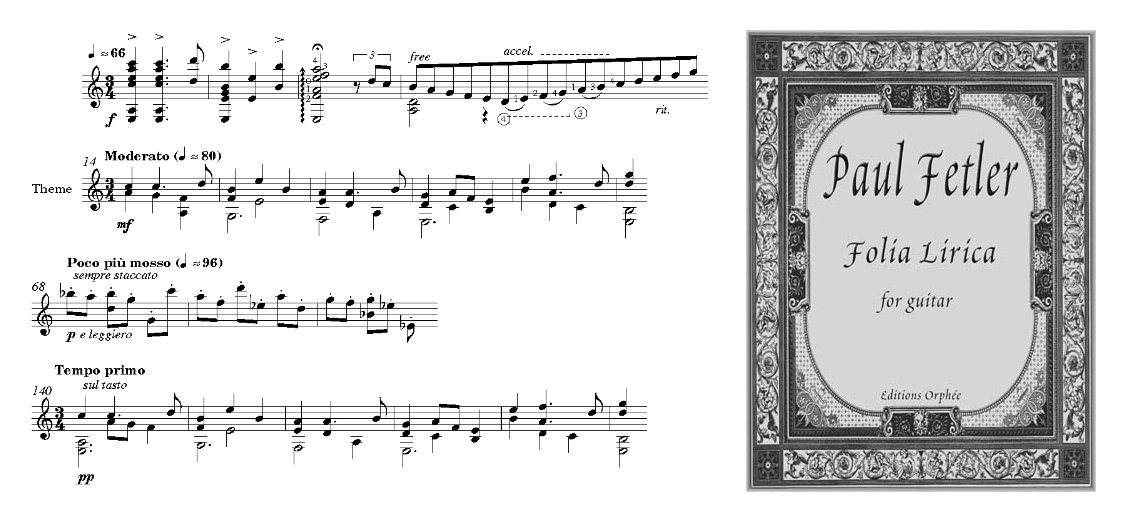
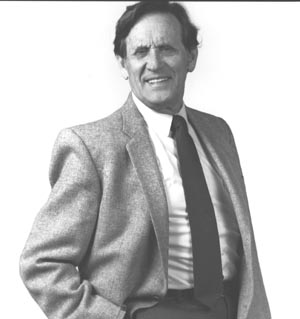 PF: Yes. That is a very important aspect,
but I’m a little bit leery about this complaint that composers have.
“Why don’t they play more of our music?” I find that it is often the
composer who is really his own worst enemy.
PF: Yes. That is a very important aspect,
but I’m a little bit leery about this complaint that composers have.
“Why don’t they play more of our music?” I find that it is often the
composer who is really his own worst enemy.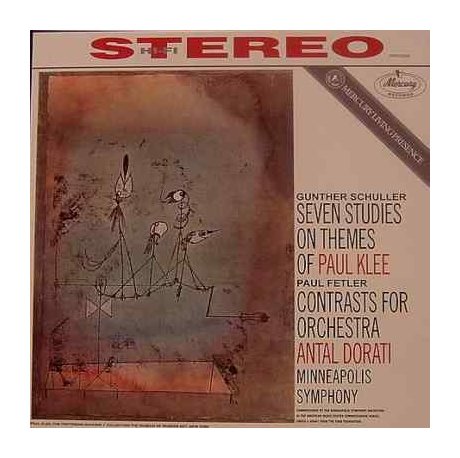 BD: But you no longer have to wait for a live performance
of the music. If the score is on the shelf the music has to be performed,
but if the record is on the shelf you can put it in the machine. It
can be accessible at any time without a fresh performance. [Vis-à-vis
the image at left, see my interviews with Gunther Schuller, and
Antal Dorati.]
BD: But you no longer have to wait for a live performance
of the music. If the score is on the shelf the music has to be performed,
but if the record is on the shelf you can put it in the machine. It
can be accessible at any time without a fresh performance. [Vis-à-vis
the image at left, see my interviews with Gunther Schuller, and
Antal Dorati.]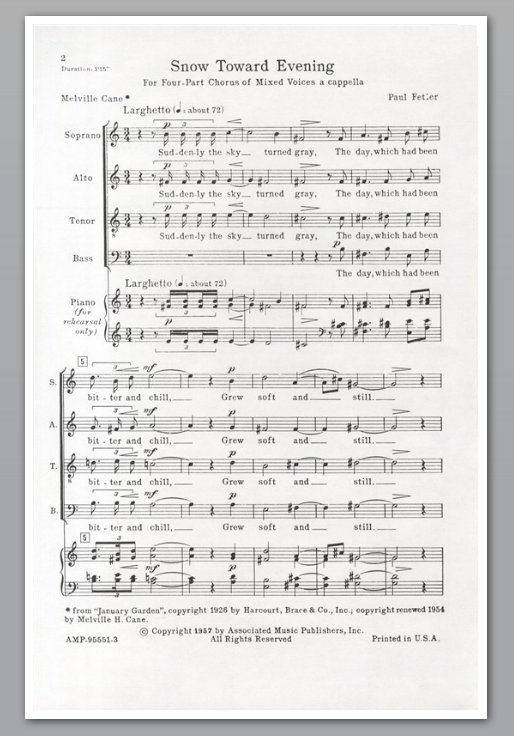 PF: Sometimes, yes. Most of the revising I
do, though, is really before it is played, before the first performance.
There are sometimes some very extensive revisions. If I start the first
movement, I keep on going with the three movement piece, but I may go back
to the first movement and revise it extensively, because the things change
in perspective. Everything has to be balanced carefully. For instance,
I may have over-written or made the first movement too long or too complex,
or something which isn’t quite right has to be adjusted. Or I suddenly
decide to write an introduction to prepare an important first theme.
I do a tremendous amount of soul searching before I write the final score.
PF: Sometimes, yes. Most of the revising I
do, though, is really before it is played, before the first performance.
There are sometimes some very extensive revisions. If I start the first
movement, I keep on going with the three movement piece, but I may go back
to the first movement and revise it extensively, because the things change
in perspective. Everything has to be balanced carefully. For instance,
I may have over-written or made the first movement too long or too complex,
or something which isn’t quite right has to be adjusted. Or I suddenly
decide to write an introduction to prepare an important first theme.
I do a tremendous amount of soul searching before I write the final score.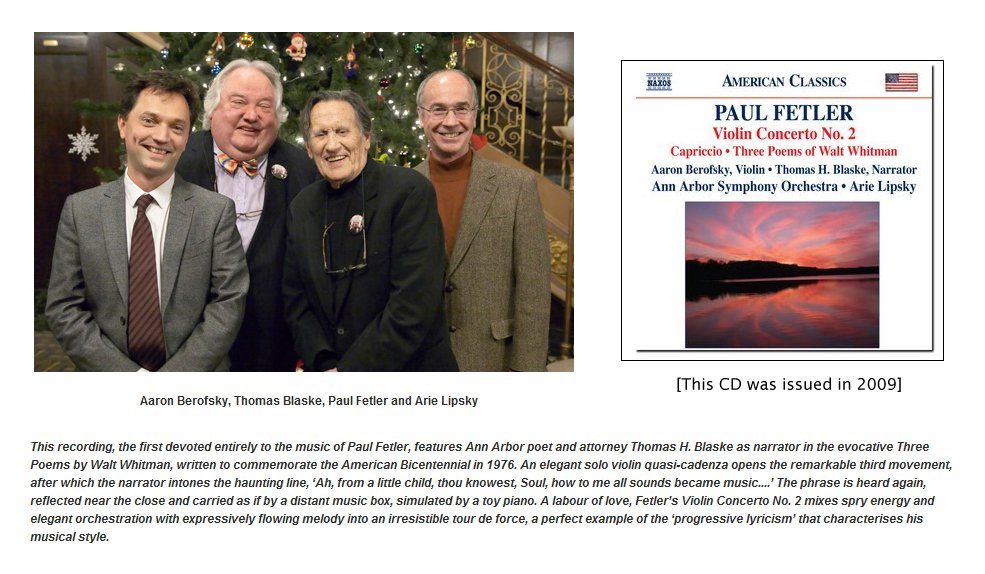
| Paul Fetler was born in the United
States and spent his youth in Eastern Europe, particularly in Latvia, where
the influences of Russian culture made a great impression upon him. At the
age of six he experimented at the piano with sound combinations which he
found expressive, in one case particularly descriptive of a painting of a
queen’s lavish coronation. Fetler credits his mother with making sure that
his musical training was uninterrupted, despite the family’s frequent changes
of residence, including a couple of years in both Sweden and Switzerland. Fetler studied at Northwestern University where he received his Bachelor of Music degree under David Van Vactor. His Master’s degree was at Yale, where he studied with Quincy Porter and Paul Hindemith. He took advanced compositional studies with Boris Blacher at the Berlin Academy of Music. He accepted a post at the University of Minnesota, where he later completed his doctorate and where he taught composition and also composed for many years. His compositions include over 150 works in diverse genres. Many of these have been performed by leading orchestras, soloists, choral ensembles and chamber groups across the United States and Europe. He has been the recipient of important awards from the Society for the Publication of American Music, the Guggenheim Foundation and the National Endowment for the Arts. He is currently Professor Emeritus at the University of Minnesota. |
This interview was recorded on the telephone on June 6, 1987.
Portions were also used (with recordings) on WNIB in 1990, 1995 and 2000.
The transcription was made and posted on this website at the end of 2012.
To see a full list (with links) of interviews which have been transcribed and posted on this website, click here.
Award - winning broadcaster Bruce Duffie was with WNIB, Classical 97 in Chicago from 1975 until its final moment as a classical station in February of 2001. His interviews have also appeared in various magazines and journals since 1980, and he now continues his broadcast series on WNUR-FM, as well as on Contemporary Classical Internet Radio.
You are invited to visit his website for more information about his work, including selected transcripts of other interviews, plus a full list of his guests. He would also like to call your attention to the photos and information about his grandfather, who was a pioneer in the automotive field more than a century ago. You may also send him E-Mail with comments, questions and suggestions.